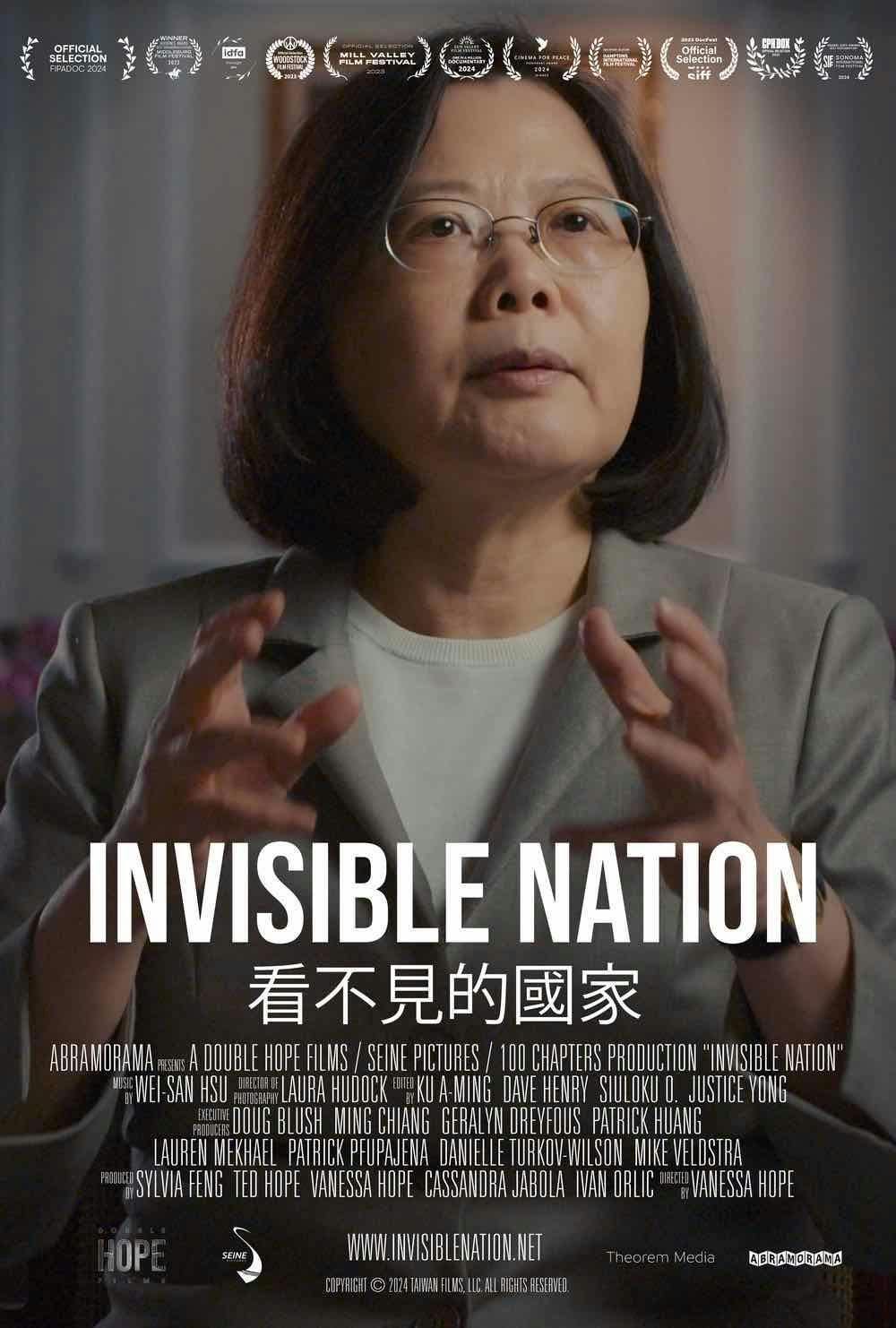Good morning: In today's edition of The Industry, we look at:
Spielberg's American Fiction, Donald Sutherland's screen legacy, Riz Ahmed's existential crisis, Villeneuve and Eggers Bros. and a soulm8ate.
Let’s go!
INVISIBLE NATION
The cinematic texture of Invisible Nation pairs intimate close-ups of the president of Taiwan, with long-lensed wide shots of her citizens, hungry to maintain their freedom.
The documentary follows the first female president of Taiwan through a myriad of scenarios where she seems outmeasured.
In one scene, she is dwarfed by a war helmet and in another by a crowd of thousands, which she leads in prayer. During the film, she hints at her own struggle to become recognized:
“When I was young I was very shy, I never dreamed of being a president.”
The director, Vanessa Hope, broke down her core driver for making the film:
“The discrimination, threat of violence, marginalization, and domination that Taiwan faces, that contribute to the vulnerability of its democracy, is not unlike the second class status and poor treatment most women face around the world which jeopardizes democracy everywhere.”
Cinema like Invisible Nation gives the oppressed a voice.
The film’s producer Ted Hope explained:
“Everything specific to its situation, it's also universal. You know, you see a woman president with an outside bully… all of these things where people just can't be seen or heard in an invisible nation, and we're just trying to make sure that people get seen and heard.”
At a time when freedom around the world is under threat from authoritarianism, documentaries that ground the struggle to the individual level become a universal driver for change.
When the specter of violence stifles freedom, we must listen.
For More:
Keep reading with a 7-day free trial
Subscribe to The Industry to keep reading this post and get 7 days of free access to the full post archives.



